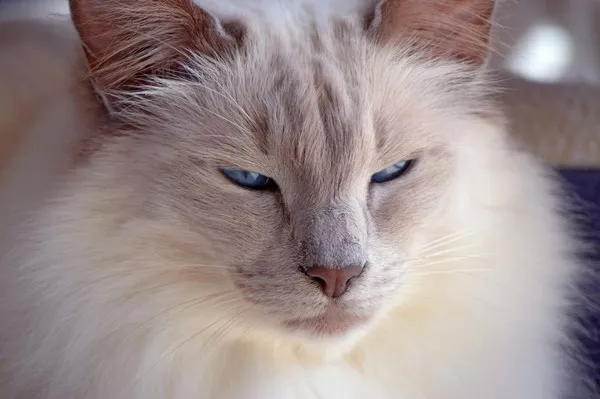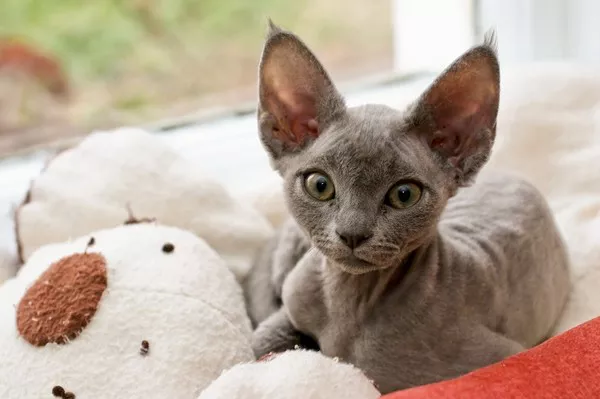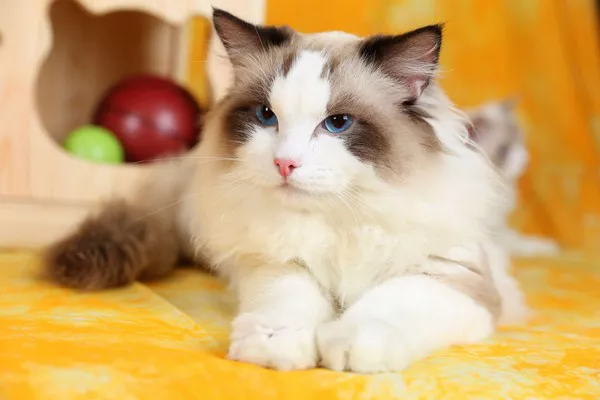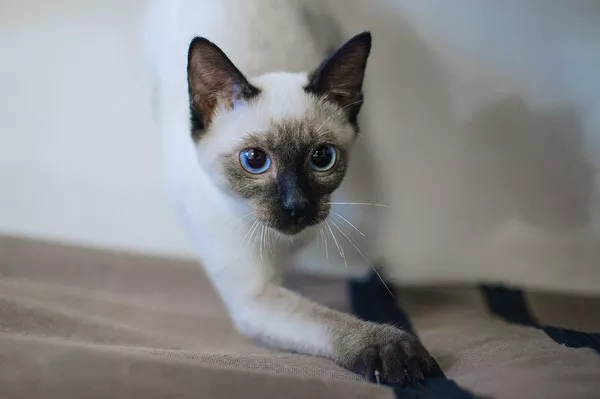Maintaining the health and well-being of your beloved feline companion is a top priority for cat owners. Vaccinations play a crucial role in preventing and controlling the spread of various contagious diseases among cats. As your cat transitions from kittenhood to adulthood, understanding the recommended vaccination schedule becomes essential. In this article, we’ll explore the average adult cat vaccination schedule, highlighting key vaccinations, their importance, and how they contribute to safeguarding your cat’s health.
The Importance of Cat Vaccinations
1. Disease Prevention
Vaccinations are designed to stimulate your cat’s immune system to produce protective antibodies against specific diseases, effectively preventing them from contracting these illnesses.
2. Herd Immunity
By ensuring your cat receives appropriate vaccinations, you contribute to the concept of “herd immunity.” This helps protect not only your cat but also other cats in the community by reducing the overall prevalence of diseases.
Core Vaccinations for Adult Cats
1. Rabies Vaccination
The rabies vaccination is a core requirement for most cats due to its zoonotic nature, which means it can be transmitted to humans. Rabies vaccinations are often required by law and are essential for both your cat’s safety and public health.
2. Feline Distemper (Panleukopenia) Vaccination
Also known as the feline distemper vaccine, this essential shot protects against a highly contagious and potentially fatal disease that affects a cat’s immune and digestive systems.
3. Feline Herpesvirus and Calicivirus Vaccination
These vaccines guard against respiratory infections caused by feline herpesvirus and calicivirus, which are common among cats and can lead to uncomfortable symptoms and secondary infections.
Non-Core Vaccinations for Adult Cats
1. Feline Leukemia Virus (FeLV) Vaccination
The FeLV vaccine is recommended for outdoor cats and those with potential exposure to other cats. FeLV is a viral infection that weakens a cat’s immune system and can lead to various health issues.
2. Feline Immunodeficiency Virus (FIV) Vaccination
The FIV vaccine helps protect against the feline immunodeficiency virus, which weakens the immune system and makes cats more susceptible to infections.
The Adult Cat Vaccination Schedule
1. 1-Year and 3-Year Vaccinations
Many core vaccines are initially administered as a series of shots in kittenhood and then followed by booster shots at specific intervals, often at the 1-year mark and later at 3-year intervals.
2. Consultation with a Veterinarian
A consultation with your veterinarian is essential to determine the appropriate adult cat vaccination schedule based on factors such as your cat’s lifestyle, health, and exposure risks.
Monitoring for Vaccine Reactions
1. Mild Reactions
Most cats tolerate vaccinations well, experiencing no more than mild and temporary discomfort or swelling at the injection site.
2. Severe Reactions (Rare)
Severe vaccine reactions are rare but can include allergic reactions or anaphylaxis. Any concerning symptoms should be reported to a veterinarian promptly.
Vaccine-Related Myths and Misconceptions
1. Autism Claims
There is no scientific evidence to support claims that cat vaccinations can cause autism in cats.
2. Long-Term Health
Properly administered vaccinations do not negatively impact a cat’s long-term health but rather contribute to their overall well-being.
Regular Veterinary Check-Ups
1. Ongoing Care
Regular veterinary check-ups are essential for assessing your cat’s overall health and discussing any changes or updates to the vaccination schedule.
2. Lifelong Protection
Maintaining a consistent vaccination schedule throughout your cat’s life ensures they remain protected against preventable diseases.
Conclusion
In conclusion, understanding and following the average adult cat vaccination schedule is a crucial aspect of responsible cat ownership. Vaccinations provide vital protection against contagious and potentially life-threatening diseases, contributing to both your cat’s well-being and the well-being of the feline community as a whole. By staying informed about core and non-core vaccinations, consulting with a veterinarian, and addressing any concerns or questions, you can confidently provide your adult cat with the protection they need to lead a healthy and fulfilling life. Remember that regular veterinary care, open communication, and a commitment to preventive measures are key to ensuring your feline friend’s long-term health and happiness.



























